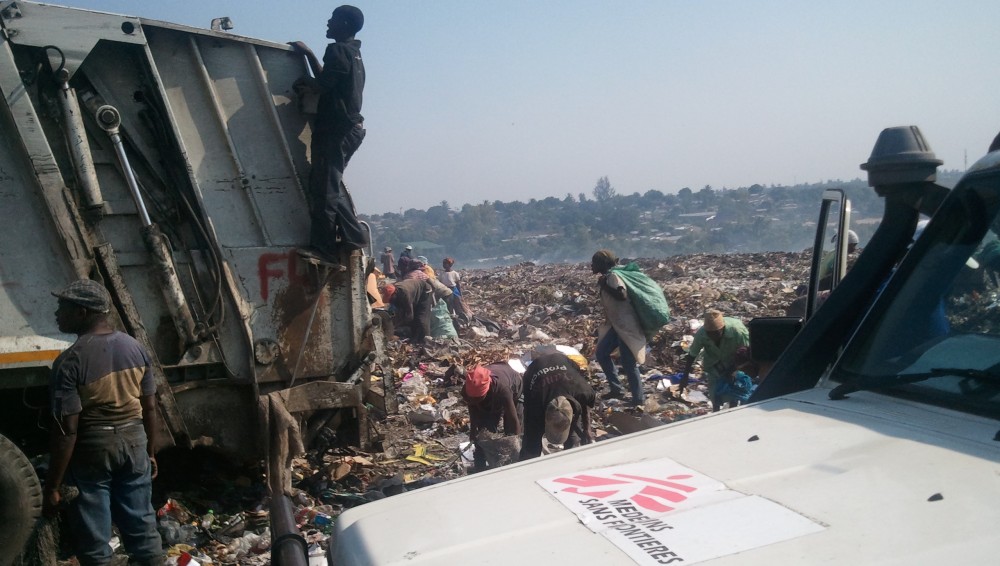Humanitarian work pays. You get to fly all over the world, live in really cool places, and are granted a level of autonomy in your work that is rewarding. But the material benefits are even more impressive.
MSF international staff make a salary dependent on the number of years they have been working for MSF. An employee of seven years makes a salary of more than $6,000 per month. International staff have no expenses in the field, so they can save almost all of this.
Elegant housing is provided, along with a driver, a cook, a cleaner, and a per diem that covers eating and drinking regularly at the most expensive restaurants in town. In one month, I traveled to the beach, went on safari, ate out regularly, and went to the bars, and I still did not spend my per diem. MSF international staff can truly live like the elite. The nicest place I’ve lived in was my first MSF house. MSF housing in Nairobi has an indoor pool. In Nairobi, international staff are reimbursed for all taxis, even those taxis that are taken to and from bars.
MSF claims that more than 85% of funds go to Program Expenses, but this number includes a huge amount of waste. A manager once considered having marijuana air dropped into a remote location, rather than risk buying it locally. Managers have used MSF funds to fly to cities they enjoy under the pretense of work, but seem to spend the week partying. Money is wasted on taxis to and from the bar. The culture at MSF encourages a party lifestyle. On my first mission, my supervisor drove me through the red light district so I would know where to find that kind of thing.
There are many aspects that make working for MSF a great job for international staff, but it’s easy to overlook the most obvious. When you tell people where you work, they’re impressed, and it feels really good to get that kind of reaction. Unfortunately, they are impressed because of an image of MSF that is not accurate.
Aid work and humanitarian work is viewed as selfless, but the truth is that many of the people in the field are living lavish lifestyles. They dine at the best restaurants and rub shoulders with the country’s elite. National staff enjoy almost none of these perks. They receive no housing allowance, no driver, and in my experience, were rarely included in the frequent dinner parties with international staff. It is a situation that brews jealousy and mistrust between national and international staff. These divisions perpetuate colonial attitudes, structures, and power dynamics, and often build resentment towards the organization.
